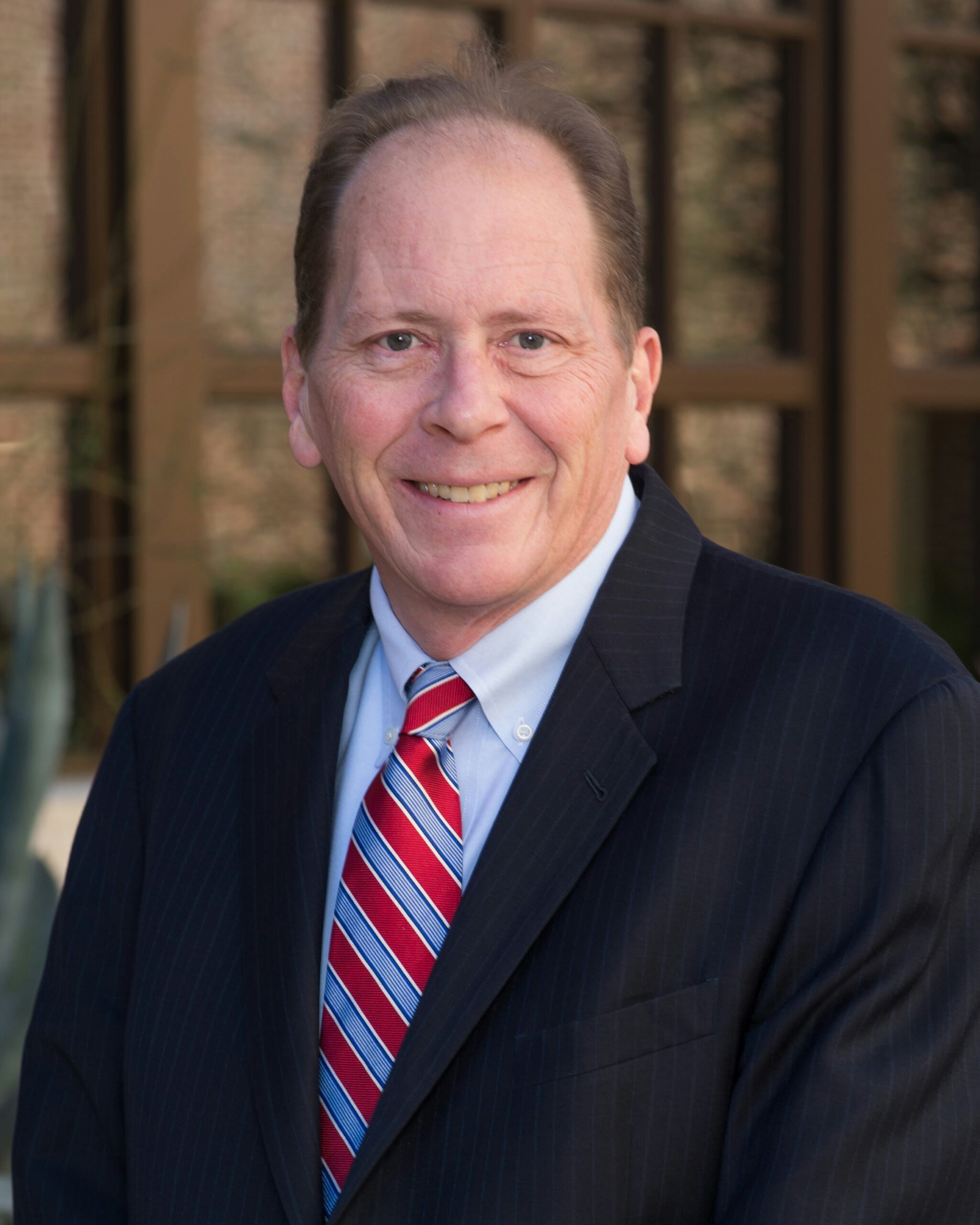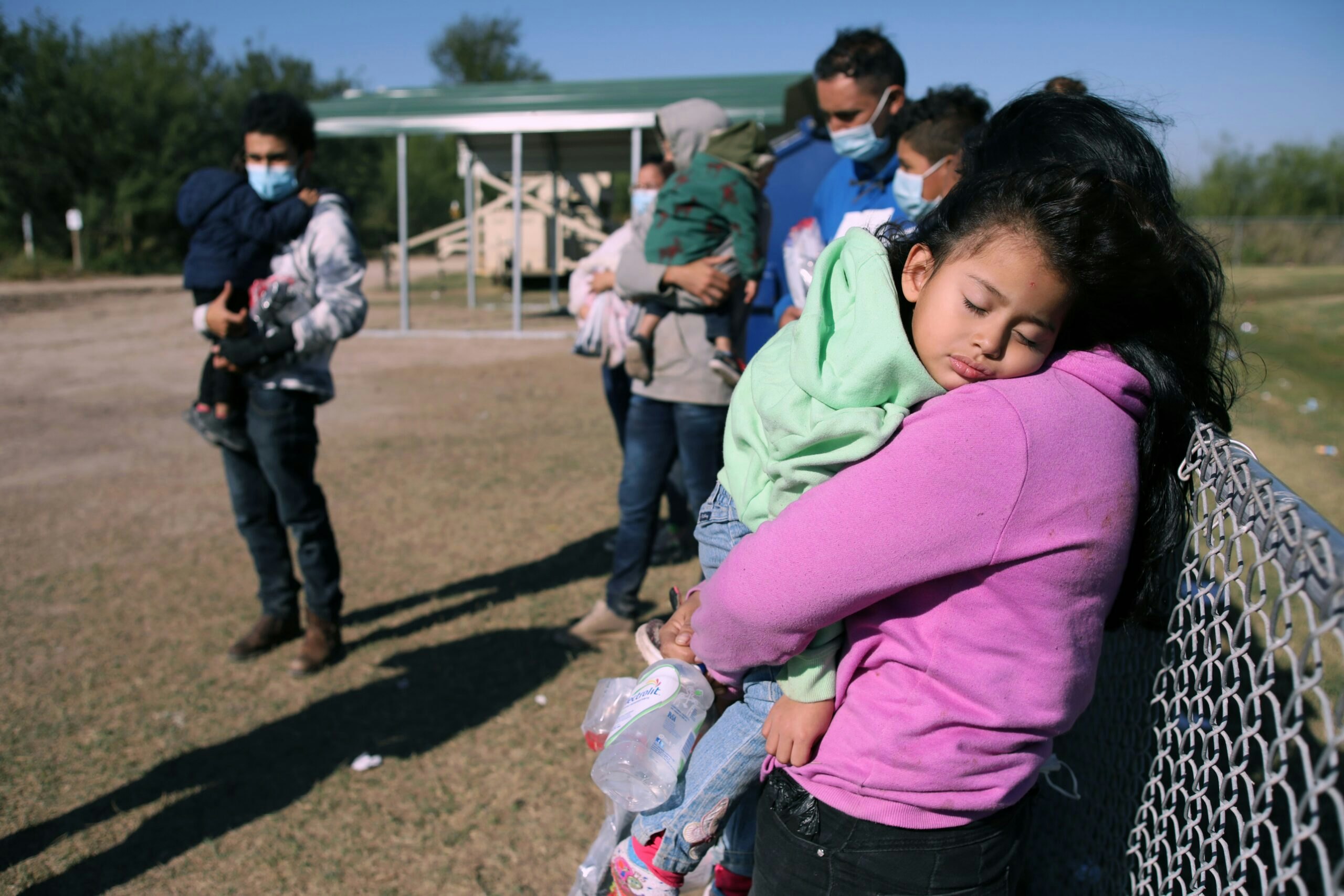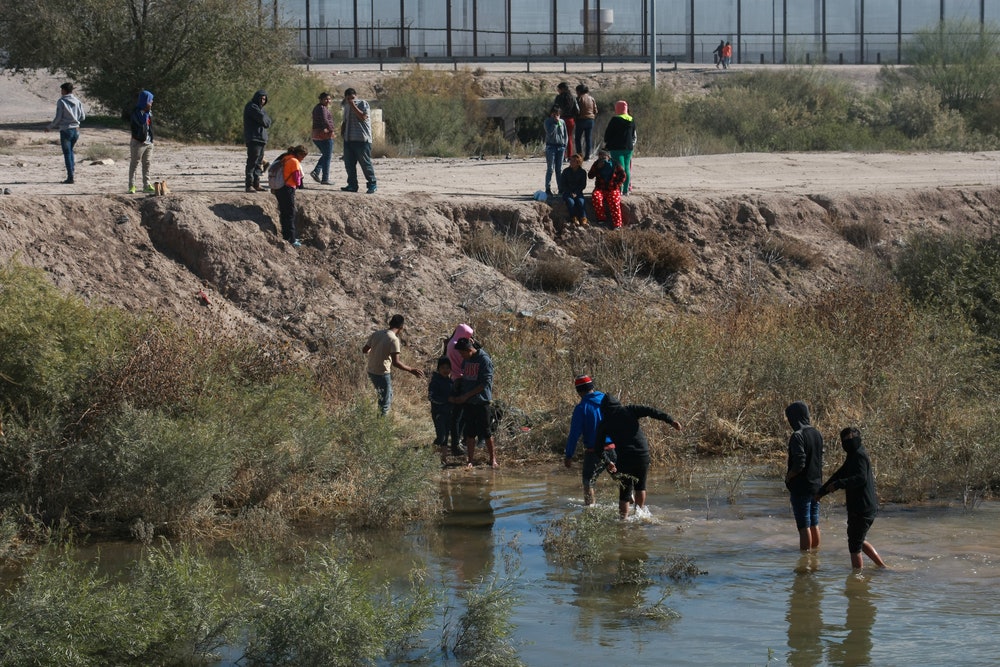The United States should be crafting welcoming refugee policy. Instead, refugee admittance caps were dramatically reduced in September.
At the George W. Bush Institute, we value the contributions of refugees. We support them through our work on the North Korea Freedom Scholarship, and we are blessed to know and work with colleagues who were refugees. The U.S. welcomed them, and we are all richer because of it.
That is why it is disheartening to see the White House dramatically reduce caps for U.S. refugee admissions for the new fiscal year. At only 18,000, it continues a pattern of reducing the number of refugees admitted to the U.S. under this administration.
In 2016, 84,995 refugees were admitted to the United States. The following year, which also marked the first year of the Trump Administration, that number fell to 53,716. In 2018, just 22,491 refugees were admitted. These staggeringly low admission rates come when the number of forcibly displaced persons worldwide is the highest on record—70.8 million, of which 25.9 million are considered refugees.
These numbers are a big concern but not the only one. The Administration did not appropriately engage Congress in its determination to lower the cap. And it gave cities and states more power to decline refugee resettlement, a power that courts denied them when some attempted to block resettlement of Syrian refugees a few years ago.
It would be wise to remember the definition of a refugee and the obligations of our country to them.
According to the UN Convention and Protocol Relating to the Status of Refugees, a refugee is someone who “owing to well-founded fear of being persecuted for reasons of race, religion, nationality, membership of a particular social group or political opinion…” cannot return to her home country.
For decades, the United States has recognized that refugees are different from the general pool of immigrants. Leaving aside the current broader debate on immigration, we ought to remember that refugees merit special protection.
Congress recognized this in the Refugee Act of 1980, which outlines our refugee resettlement program. With this statute, we recognize the unique humanitarian needs of migration. Through resettlement, we commit to helping refugees become economically self-sufficient as quickly as possible.
The humanitarian case should be enough on its own to craft welcoming refugee policy. But admitting refugees is also economically beneficial.
Several studies show that refugees punch above their weight economically. Arriving with virtually nothing, they understandably lean on government benefits in their first few years after settling in the U.S. But over time, refugees become net fiscal contributors, paying $21,000 more in taxes than they receive in benefits in their first 20 years in the U.S.
A leaked Health and Human Services report from 2017 supports these findings, with refugees contributing $41 billion in net fiscal benefits to the federal government and $22 billion to state and local governments from 2005 to 2014.
Additionally, refugees tend to be of prime working age and have high employment rates. Studies have also shown that some groups of refugees routinely move from blue collar or service work to white collar work, reflecting their commitment to learning English and obtaining additional education.
Resettlement can cause some short-term pain, but as these numbers show, refugee resettlement is a long-term good for the communities receiving them. Cities and states that use this executive order to avoid resettling refugees in their communities are missing an opportunity to bolster their local economies while simultaneously helping people who need it.
The United States has legal and moral obligations toward refugees, and we benefit from their admission. Cutting refugee admissions to such low levels is the sort of bad policy you get when fear drives decision-making. Congress needs to reassert its authority to consult the executive branch on refugee admissions. And the American people should insist that any move to harshly cap or eliminate refugee admissions is a non-starter.































